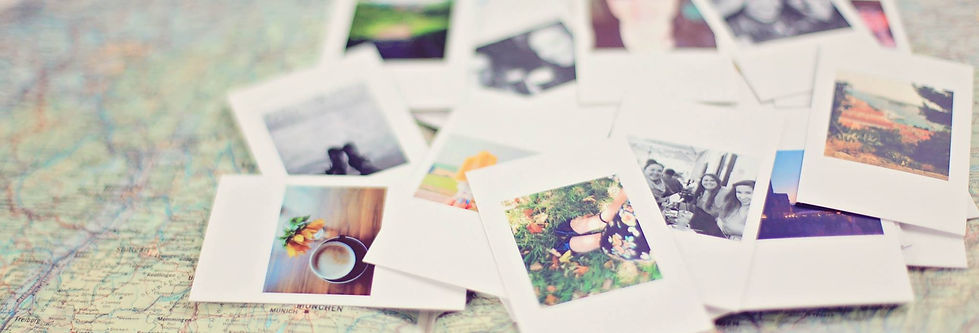1994
- elizabethcorbishle
- Nov 21, 2019
- 2 min read
Me: Dadaab, Kenya
Him: Nairobi, Kenya
F: Nairobi, Kenya
Distance: 474km
Can you remember what you were doing in 1994? In case it jogs your memory, this was the year of the original Lion King, the year Nelson Mandela was elected, and the year the Channel Tunnel opened between England and France. It was the year I turned 10, got my first pair of heels, and sat my Year 6 SATs.
I found out today that it was also the year that Habiba arrived in Dagahaley from Somalia. We did not talk about the reasons she needed to leave her home country and seek refuge in Kenya, but we did talk about the fact she has not been allowed to leave since. Dagahaley is both her home and an open prison (her words).
I flew in to Dadaab yesterday with my shiny new passport and am staying in the UN compound. In the morning we drive in convoy with all the other INGO (international non-governmental organisation) vehicles, flanked on either side by armed police. The road is half road, half river, and all the vehicles in the convoy are 4x4s. We career through the deep puddles, spraying Proboxes stuck in mud and laden with refugees, and arrive at the camp. Now here, we go immediately to an NGO compound (guarded by armed guards) and are told it is unsafe to leave.

I am here because we are currently applying for funding that would allow us to support an organisation up here deliver our programme. I have been incredibly privileged in the past couple of days to meet and talk with members of savings groups, business owners, and youth, and ask their advice on how we should adapt our programme. It is my first time away from F, and I thought that this post might be about that. A slightly confused, snarky 'Is it wrong I am enjoying sleeping through the night rather than missing my baby' kind of post (I'd have tried to make it less annoying than that sounds), but it can't be after meeting Habiba.
'I'm not a lawyer,' I repeated a few times to Habiba and her friends as they told me the trouble that comes from not being able to leave. The fact that they send money to contacts in Nairobi who are supposed to buy the goods and put them on a bus up to Dadaab, but who, as soon as they receive the money, change their numbers. The fact that they don't know the cost of commodities outside the camp and are duped by middlemen. The fact that they are living in an open prison.
'I know,' Habiba tells me (through a translator), with half a smile. 'But you can tell others.'
And so, Habiba, I am. As I said to you this afternoon, I cannot begin to imagine what it must be like for you. Your compassion at visiting vulnerable girls and sheltering them in your home and your entrepreneurial spirit in setting up your business are what this world needs. I just hope that one day, the world realises it.

Habiba in the blue on the far right.

Comments